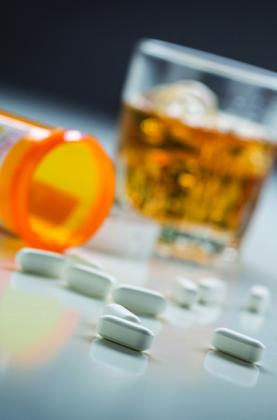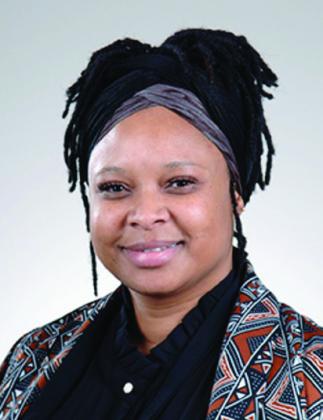OVERCOMINGADRUG ORALCOHOL ADDICTION requires dedication, resilience, and a personal pledge to take back control of your life.
When someone decides to commit, the recovery services team at The University of Toledo Medical Center is ready to support them with comprehensive, individualized care. “Addiction affects both physical and mental health, as well as relationships,” said Kim Trott, DNP, a board-certified family nurse practitioner at UTMC specializing in addiction medicine. “The decision to seek addiction treatment is likely one of the most difficult challenges someone struggling with addiction will have to make. However, the rewards that come with recovery are worth the challenge.”
During National Recovery Month, which occurs every September, UTMC supports the promotion of new evidence-based treatment and recovery practices, the rise of a proud and resilient community, and the dedication of service providers who make recovery possible.
Detox and withdrawal are complicated and often have potentially dangerous side effects. Because of this, UTMC offers inpatient services for adults in active withdrawal and outpatient treatment post-discharge to continue the recovery journey.
Joining recovery programming will allow patients access to medication-assisted treatment, individual and group therapy, crisis intervention, and case management.
As Toledo’s only hospital-based adult inpatient medical detox provider, UTMC also offers patients on-site access to same-day labs, prescription refills, primary care providers, and a full range of specialists to ensure a comprehensive treatment plan to support the patient throughout the recovery journey.
“We have a multitude of wraparound services,” Trott said. “This is a great campus, and what better place to receive treatment than a supportive environment that addresses your total wellbeing?”
While the COVID-19 pandemic has been the primary healthcare story of the last two years, fatal drug overdoses have been on a steep rise. The U.S. Centers for Disease Control and Prevention estimates nearly 108,000 people died from overdoses last year, up from nearly 94,000 in 2020 and 72,000 in 2019.
Alcohol abuse also has increased in recent years. A National Institutes of Health study released earlier this year found deaths involving alcohol rose 25% between 2019 and 2020.
However, despite growing public awareness that substance use disorder is a medical condition—not a moral failing—the stigma surrounding addiction still exists. Breaking the stigma surrounding addiction is critical for those inflicted with the disease and those providing the treatment.
“Drug addiction is a complex chronic relapsing characterized by compulsive or uncontrollable drug seeking and use, despite harmful consequences and changes in the brain. People with addiction have an intense focus on using drugs to the point where their ability to function is impaired,” Trott said. “This disease is not a choice. It is no different than diabetes or hypertension and should be treated with the same attentiveness.”
Trott said a few significant barriers to treatment involve the lack of understanding of the disease. Some do not recognize they have an addiction, while others may know they have a problem but are afraid to seek help. Some don’t know where to seek help.
No matter how friends and family may see someone’s difficulties with addiction, treatment is only effective when an individual is ready to seek— and receive—help. “Drug rehabilitation is a process that begins with the individual’s want to change. Your grandma, your mom, your spouse—they can’t force you to go into treatment,” Trott said. “When an individual is ready to acknowledge that they have an addiction and willing to take the courageous step to walk in our door, our job begins.”
For more information or to meet with UTMC’s recovery services team for an assessment and to discuss a customized recovery plan, call 419-383-3030 or stop in Ruppert Health Center Suite A, Monday through Friday from 9:00 a.m. to 3:00 p.m.
Individuals struggling with addiction and in need of supervised medical management can go to UTMC’s emergency department or call 419-383-3441 to reach the inpatient recovery unit. Tyrel Linkhorn is a communications specialist at The University of Toledo.
✲



